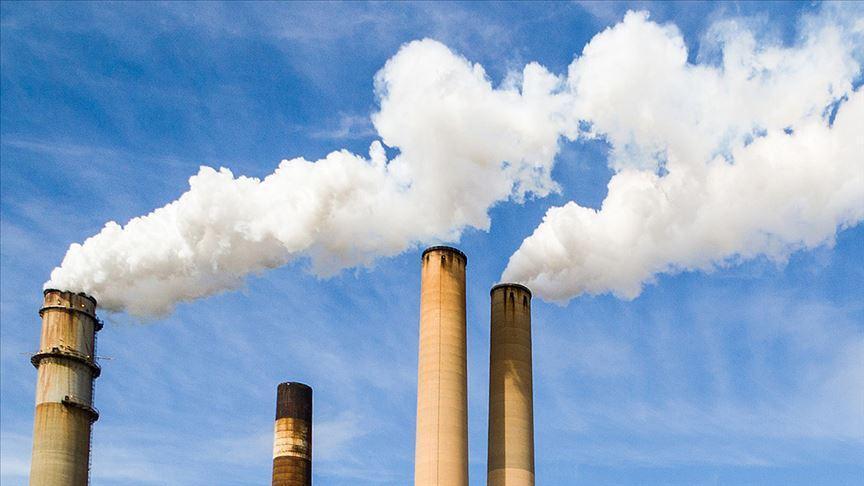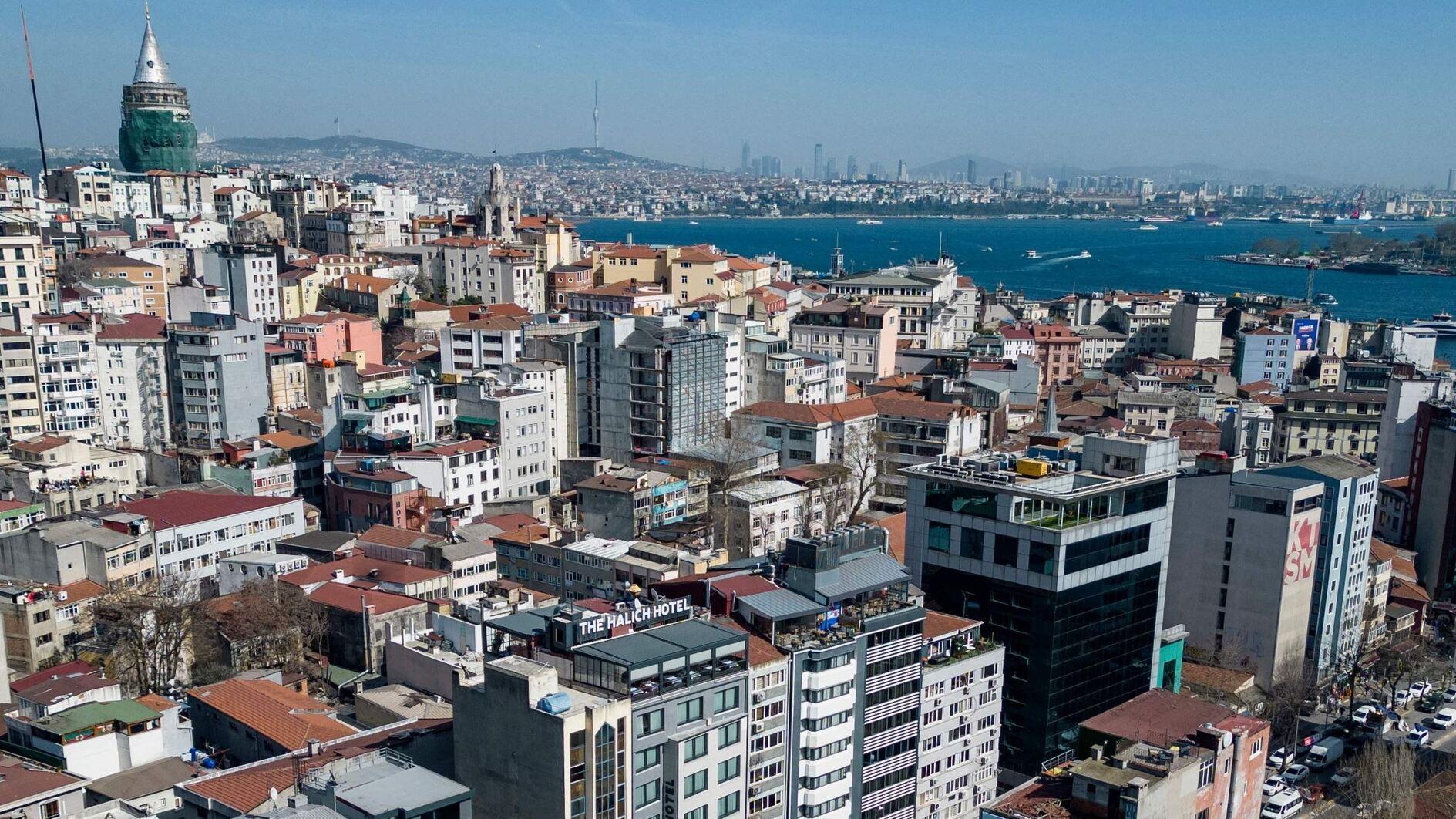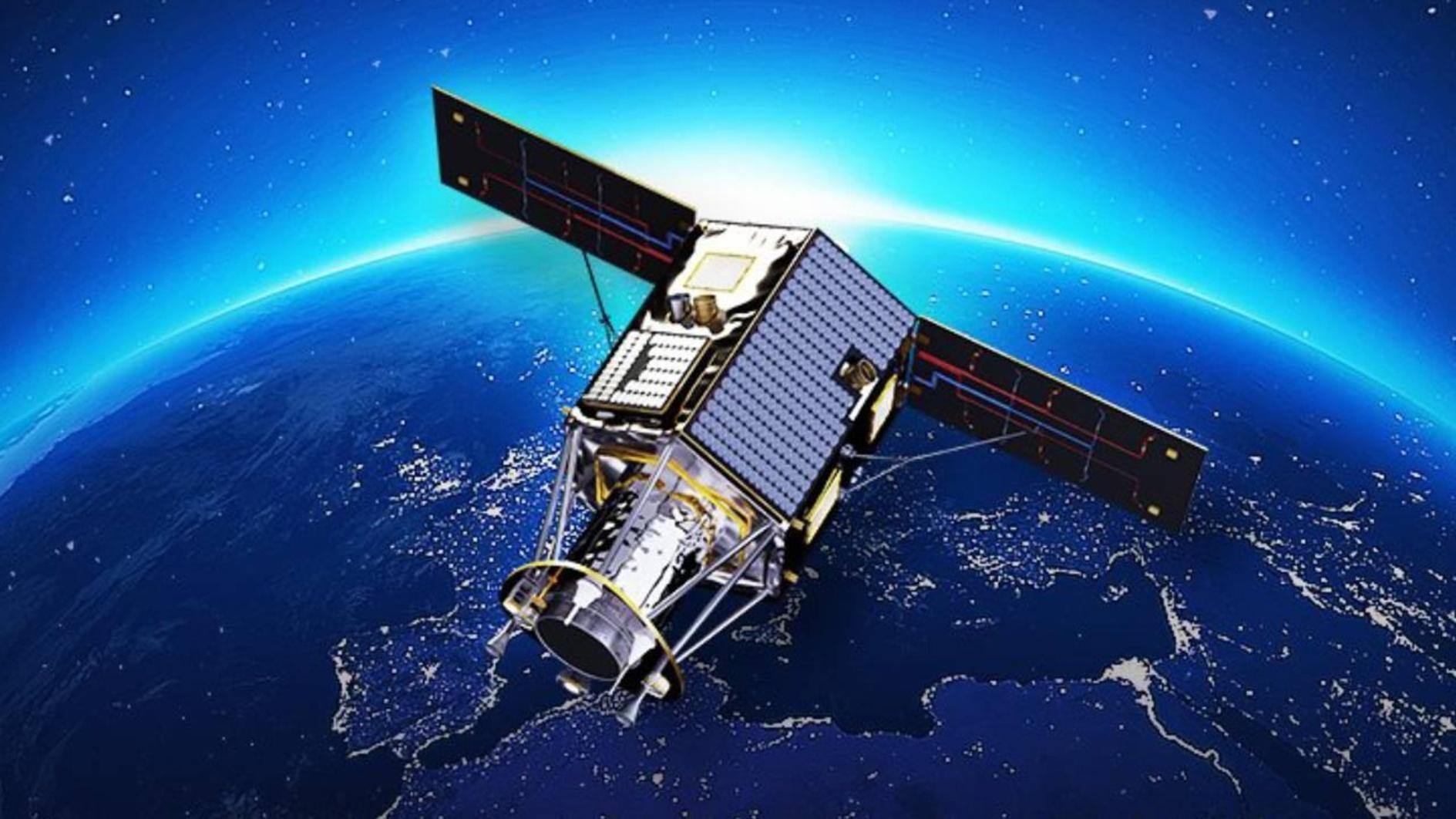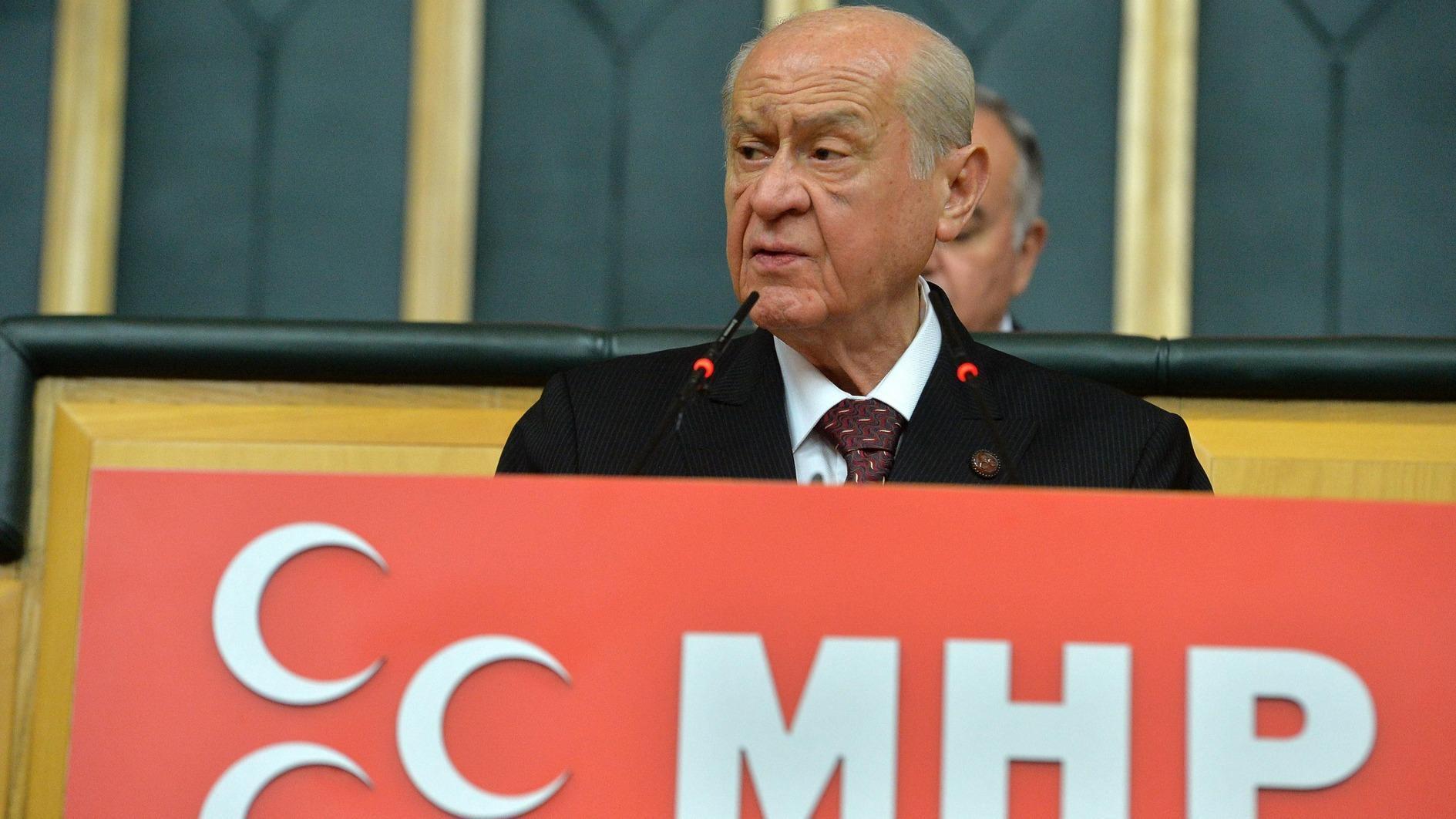Upcoming EU carbon regulation may affect Turkey: EBRD
ANKARA-Anadolu Agency

The carbon border tax bill that the European Commission will propose by mid-2021 to regulate the carbon footprint of imported goods may affect multiple industrial fields in Turkey, the European Bank for Reconstruction and Development (EBRD) said in a statement on April 21.
The Carbon Border Adjustment Mechanism (CBAM) is expected to reflect the number of carbon emissions attributed to goods imported into the European Union by reducing and regulating the import of goods with a high carbon footprint from countries that do not have a carbon pricing system.
As the EU’s sixth-largest trading partner, Turkey is already considering the potential impact on its industries, the European bank said.
The country’s sectors, including iron, steel and cement production - among the world’s top ten – and, its glass, ceramics and plastics industries – which rank in the top five of the EU in terms of trade, may be affected by these regulations.
To foster an informed debate about the monetary implications and transitional risks for Turkish exporters to the EU, the bank said it would support the Turkish Ministry of Environment and Urbanization with an impact assessment study. The results of the study are expected by mid-2021.
The EBRD is currently offering support for the carbon market development in Turkey through its Carbon Market Development Support Program, which provides help for sovereign and private sector actors, banks and also delivers technical assistance to renewable energy and energy efficiency projects that are eligible for carbon financing.
As of 2021, the EU bank said the program has supported the development of several carbon projects in Turkey.
Projects include the Sena hydropower plant in Turkey’s eastern Kars province, which consists of two run-of-the-river hydroelectric generators.
The Sena plant is expected to generate 68 gigawatt-hours (GWh) per year of renewable energy. It is set to replace fossil fuel energy sources and save an estimated 38,000 tonnes of carbon dioxide, as well as provide financial and other support to local communities.
At the Edincik wind power plant on the Sea of Marmara, the EU Bank provides help for 23 wind turbines that will generate 180 GWh of renewable energy annually, saving 106,000 tonnes of carbon dioxide a year.
The project will also aid social and economic development through education, sanitation, job creation, technology transfer and improved agricultural production.
















